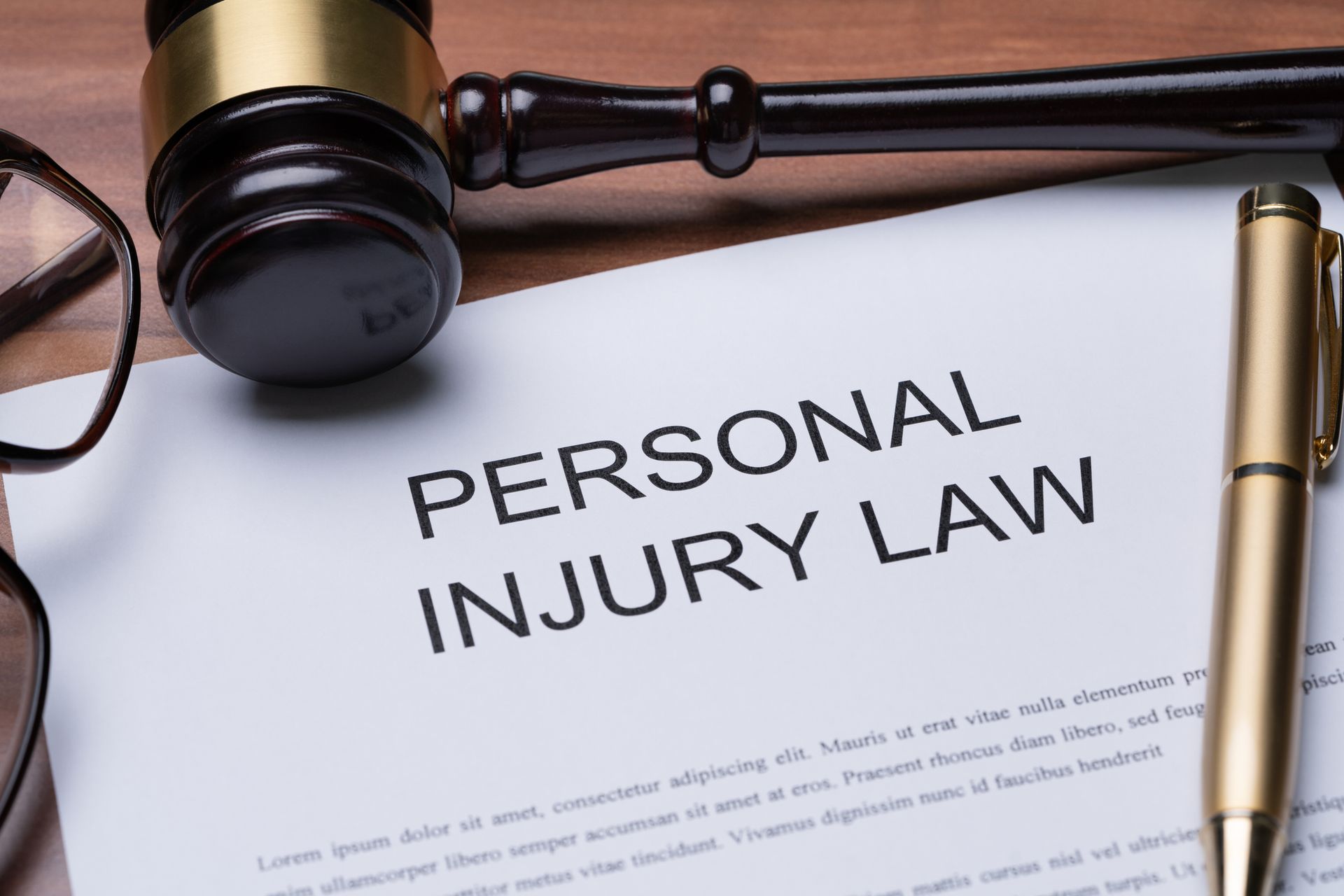
Calculating Lost Income for a Personal Injury Claim

Part of a personal injury lawsuit is a claim for your damages. If you were employed prior to your injuries, you may be able to receive compensation for your lost wages in addition to your medical expenses and pain and suffering. Lost wages not only include the income you lost while you were out of work for your injury but also for potential income in the future.
If you want to receive compensation for your lost wages in your personal injury lawsuit, keep the following in mind.
How Are Your Lost Wages Calculated ?
With calculating your lost wages, you need to consider several factors. The first factor is if you are paid a salary, by the hour, or if you are self-employed.
If you are paid by the hour, you multiply your hourly wage by the total number of hours you missed work.
If you receive a salary, you have to do a little more math. You first need to divide your salary by 2080, which is the number of hours of workdays in a year. You then multiply that number by the hours you were out of work due to your injuries.
If you are self-employed, you have to make a claim for lost income. You cannot make a claim for lost wages since you are not essentially paid an official wage. Your lost income is the total earnings and profits you could have generated had you not been hurt. You will need to provide documents to prove your lost income, such as 1099s, invoices, and receipts.
How Do You Calculate Loss of Earning Capacity?
Your earning capacity is your ability to make money through your job. If you sustain an injury so dire that you are unable to work for a long period of time or you lose the ability to work altogether, you can make a claim for a loss of earning capacity.
For example, if you hurt your back and your job relies on your ability to lift heavy items, this greatly impairs your ability to do your job. Depending on your injury, you may not be able to return to work in the same capacity. For this reason, you have a right to receive compensation for your ability to earn money in your current work situation.
If your attorney believes you have a case for lost earning capacity, he or she will need to calculate what this amount may be. Many factors go into calculating this figure and requires a lot of specific information.
Your attorney will make your case based on a number of factors. He or she will evaluate your abilities, skills, and experience. Your attorney will also look at the current wages and market value for your industry and job profile in your area. This helps to calculate how much your future losses may be.
Additionally, your attorney may hire a medical professional to act as an expert witness. This witness will testify on what type of injury you have, how it impacts your ability to perform your job currently, and how it may prevent you from doing your job moving forward.
What Documentation Should You Provide?
If you are not self-employed, you need to determine your lost wages and lost earning capacity, which requires a wealth of information. You will need to prove your income and verify your income through your employer.
Ask your employer for documentation on the amount of days you missed, your wage at the time, the amount of hours you typically work each week, the amount of overtime you typically receive, possible promotion considerations, the number of sick days or amount of vacation time you used during your recovery, and any other benefits you missed.
For more information or assistance with a claim, please contact us at The Law Offices of James B. Gillespie, Jr., PLLC.





